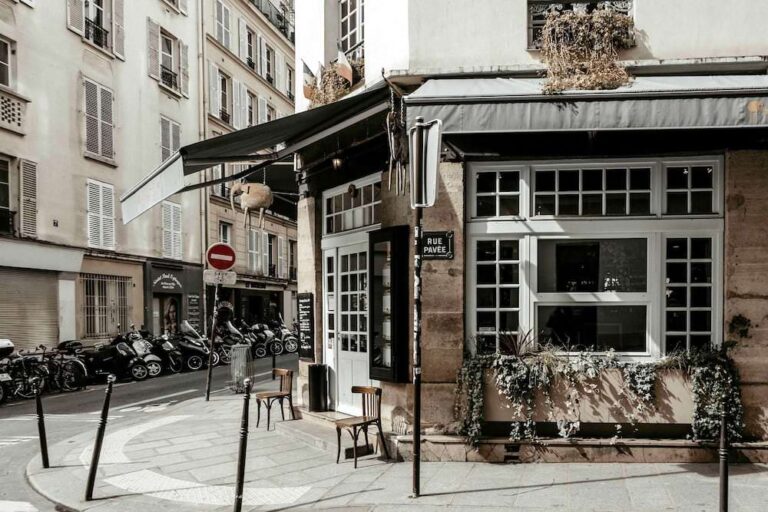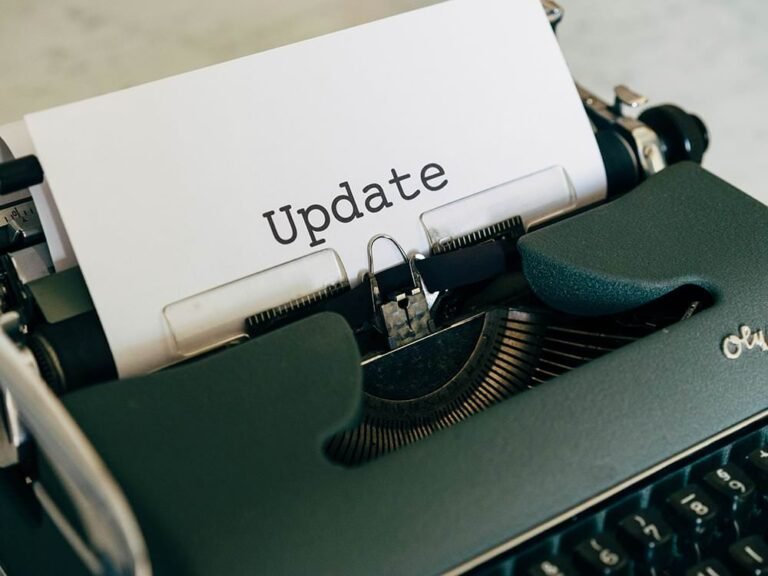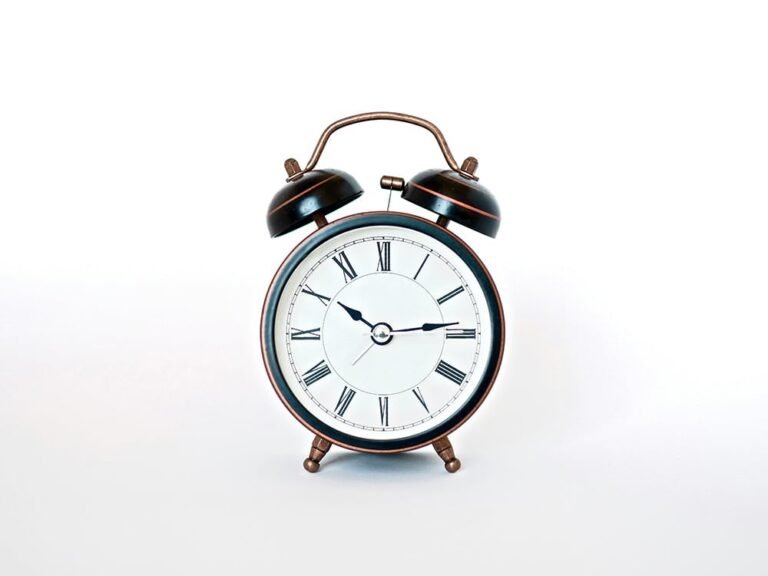to bump into, to come across
Sometimes you meet a friend, an acquaintance or a coworker by pure chance, rather than because you had arranged to meet them in advance. There are a few different ways to translate the English phrases “to bump into” or “to come across” in French.
rencontrer
The French verb “rencontrer” mainly means “to meet” or “to meet with.” However, it can also mean “to come across.”
- J’ai rencontré mon ami hier (I came across my friend yesterday)
- On ne rencontre pas souvent des gens aussi généreux (you don’t often come across/meet such generous people).
croiser
The French verb “croiser” usually means “to cross,” as in to cross one’s legs or to fold one’s arms, or to cross a street. But it can also mean “to pass somebody or something (coming the other way),” or “to meet.”
- J’ai croisé mon ami hier (I came across my friend yesterday)
- On a croisé un car (we passed a bus [coming the other way])
- J’ai croisé la DRH dans le couloir et elle avait l’air malade (In the corridor, I met the head of HR coming the other way and she looked unwell)
- J’ai croisé ma voisine à la boulangerie (I bumped into/ran into my neighbour at the bakery)
tomber sur
The French verb “tomber” means “to fall,” as well as “to tumble,” “to sag,” or “to droop.” When used with “sur” (on), it can also mean “to come across” or “to run into” or “to bump into.”
- Je suis tombé sur mon ami hier (I came across my friend yesterday)
- Je suis tombé par hasard sur ce que je cherchais (I found what I was looking for by chance)
- Si tu prends cette rue, tu tomberas sur la place (if you follow that street, you’ll come to the square)






